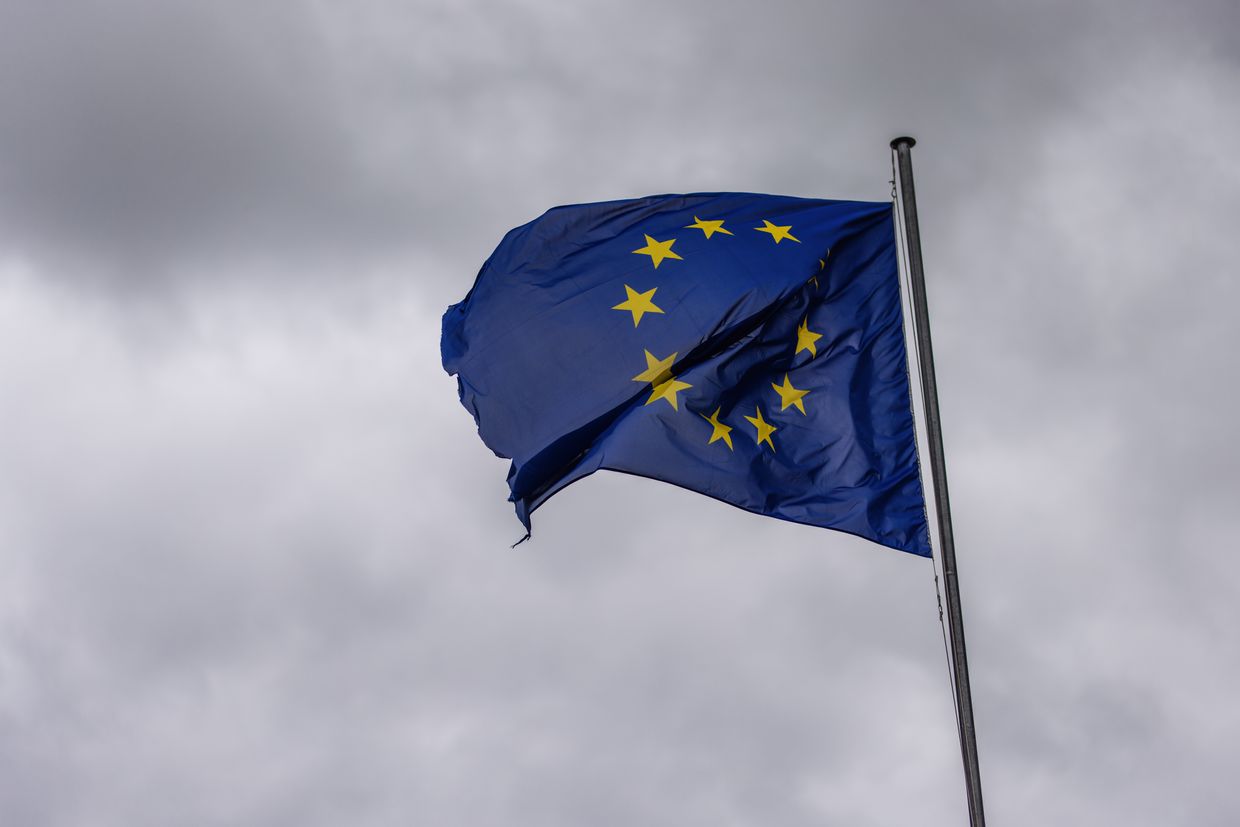Germany blocks sanctions on Russian gas

European Union countries failed to approve a new sanctions package targeting the Russian gas industry after German authorities intervened to block the deal at the last minute.
The measures would have banned EU member states from re-exporting Russian liquified natural gas (LNG) from EU ports and financing planned Arctic and Baltic LNG terminals. German officials reportedly expressed concern about an expanded measure that would force EU companies to guarantee their customers cannot go on to sell sanctioned goods to Russia.
This restriction previously only applied to firearms, military equipment, and dual-use goods with both a military and civilian application. Berlin is concerned that the expansion of this measure to non-dual-use civilian products, such as chemicals or metalworking equipment, could harm German small businesses.
Belgium was forced to split talks on the new sanctions package into two separate discussions following Germany's opposition to new sanctions against Belarus.
Both France and Germany opposed EU sanctions on Belarus, which were introduced to close a trade loophole that has allowed Russia to import luxury cars and other banned goods produced in Western countries.
This latest package would have been the 14th round of EU sanctions against Russia since the beginning of the full-scale invasion in February 2022.
An anonymous source told Politico that the European Commission is now working with the German chancellery to convince Berlin to lift the veto.
Initially a hesitant partner, Berlin has become Ukraine's second-largest military donor after the U.S., although German Chancellor Olaf Scholz is still reluctant to supply some key capabilities, namely Taurus long-range missiles.











